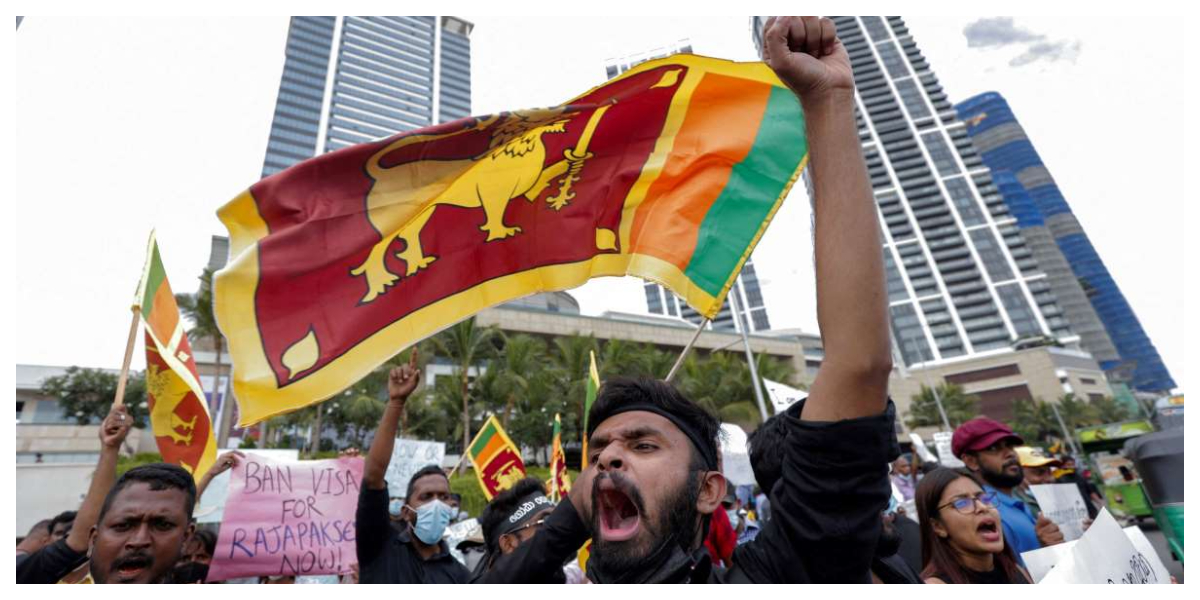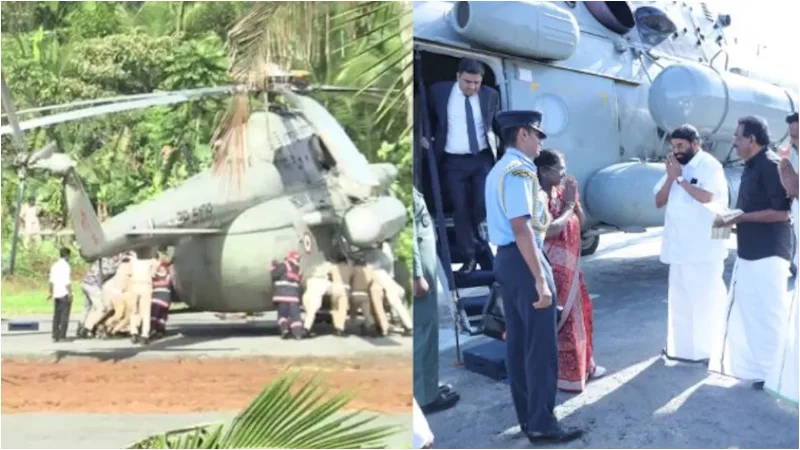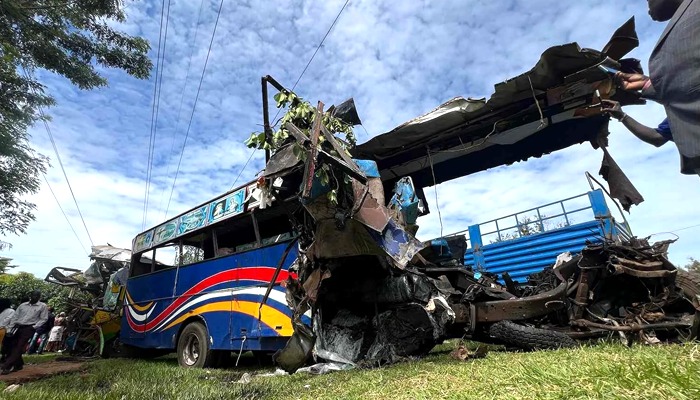Sri Lanka has announced a temporary default on its foreign obligations in the midst of the country’s greatest economic crisis in more than 70 years.
Officials stated that the pandemic’s impact and the Ukraine crisis made payment to creditors “impossible.”
Massive protests have erupted in the South Asian country as a result of food shortages, skyrocketing costs, and power outages.
It is scheduled to begin negotiations with the International Monetary Fund (IMF) next week on a loan package to rehabilitate its economy.
Sri Lanka’s finance ministry stated that it had an alternative “Since 1948, when the country gained independence from the UK, it has maintained a “unblemished record” of paying its dues.”
However, recent developments have weakened Sri Lanka’s fiscal situation to the point that regular payment of foreign public debt obligations is now untenable “It stated Tuesday in a statement.
Sri Lanka’s debt was deemed unsustainable by the IMF last month, the ministry reported.”
Although the government has taken extraordinary steps in an effort to remain current on all of its external indebtedness, it is now clear that this is no longer a tenable policy,” it said.
“A comprehensive restructuring of these obligations will be required.”
The move has not yet been categorised as a default by credit rating agencies.
When contacted by the BBC, S&P Global Ratings stated that it had “nothing to comment at this time.”
In January, the agency downgraded Sri Lanka’s credit rating to “vulnerable,” indicating that the country is “now reliant on favourable corporate, financial, and economic conditions to satisfy financial commitments.”
Moody’s and Fitch Ratings did not reply to calls for comment immediately.
Lakshini Fernando of Asia Securities welcomed the move by Sri Lanka’s government, and called it “the better option compared with a hard default”.
“We expect Sri Lanka’s current credit rating to be downgraded to ‘selective default’ or ‘restricted default’ following the announcement,” Ms Fernando said.
She underlined that Sri Lanka’s foreign sovereign bond payments of $78 million (£60 million) are due next week.
At the end of March, Sri Lanka’s foreign reserves were at $1.93 billion. However, it is set to make almost $4 billion in international debt payments this year.
Sri Lankans are facing shortages and soaring prices as a result of the country’s sharp currency devaluation last month in preparation for negotiations with the IMF about a bailout.
For the latest International News Follow BOL News on Google News. Read more on Latest International News on oldsite.bolnews.com





















